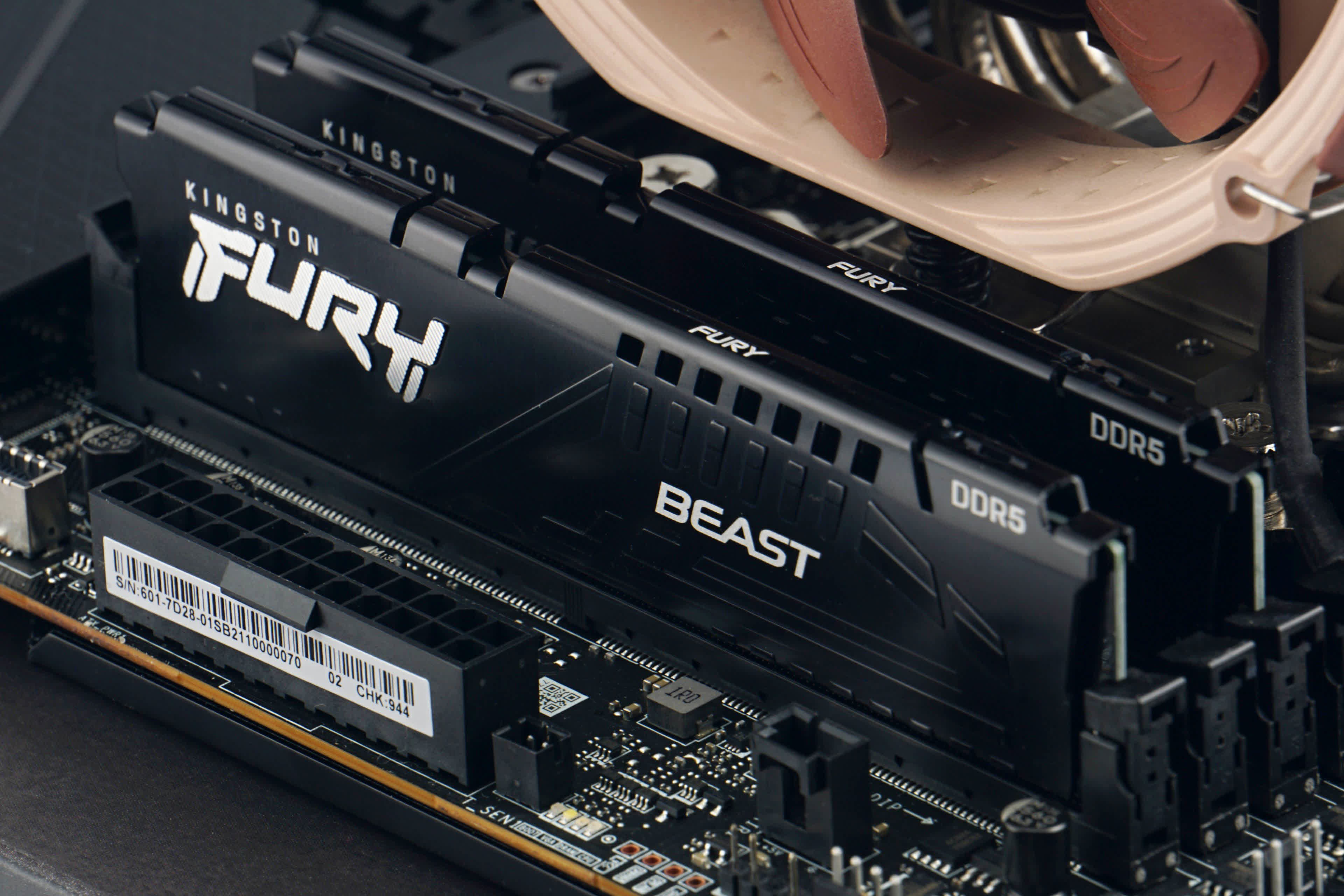Why it matters: The first generation of DDR5 memory has yet to show a significant performance uplift over mature DDR4 offerings. That could change with AMD's Zen 4 processors, as the company is working on a more robust memory overclocking system. However, this could happen at the expense of DDR4 support, which is admittedly an old technology at this point.
AMD's next-generation Ryzen 7000 series processors are expected to break cover later this year, marking the end of the AM4 era with a new socket and updated heatspreader design, among other things.
Not much is known about the performance of these upcoming CPUs, but the company has already started hyping them up for PC enthusiasts. Earlier this month, AMD Memory Enabling Manager Joseph Tao hinted that memory may play an important role on the "Raphael" platform, so early adopters have something to look forward to in terms of pushing the limits of their systems.

If the rumor mill is to be believed, AMD is going all-in on DDR5 for mid-range and high-end 600-series motherboards, and there are no signs of DDR4 support even on lower-end variants. Since DDR5 isn't expected to reach price parity with DDR4 until 2023 at the earliest, early adopters will have to pay a hefty price for using a Zen 4 processor. This is in contrast with Intel's approach of offering support for both memory standards on the Alder Lake platform.
A report from Videocardz sheds a bit more light on AMD's plans for DDR5, which include something called EXPO. The term supposedly stands for "Extended Profiles for Overclocking," and the company registered the trademark in February.
As the name implies, the new functionality will be used to store memory overclocking profiles. Interestingly, this could apply to all types of DDR5 memory, from UDIMMs and SO-DIMMs used in desktops and laptops to the RDIMMs used in servers.
There will be two overclocking profiles to choose from --- one that is optimized for applications that scale well with memory bandwidth, and another that will be more useful in applications that are more sensitive to memory latency. At this point, we don't know if EXPO is related to another technology called RAMP, but it will be interesting to see if AMD has found a way to squeeze more out of DDR5 than Intel has with Alder Lake.
